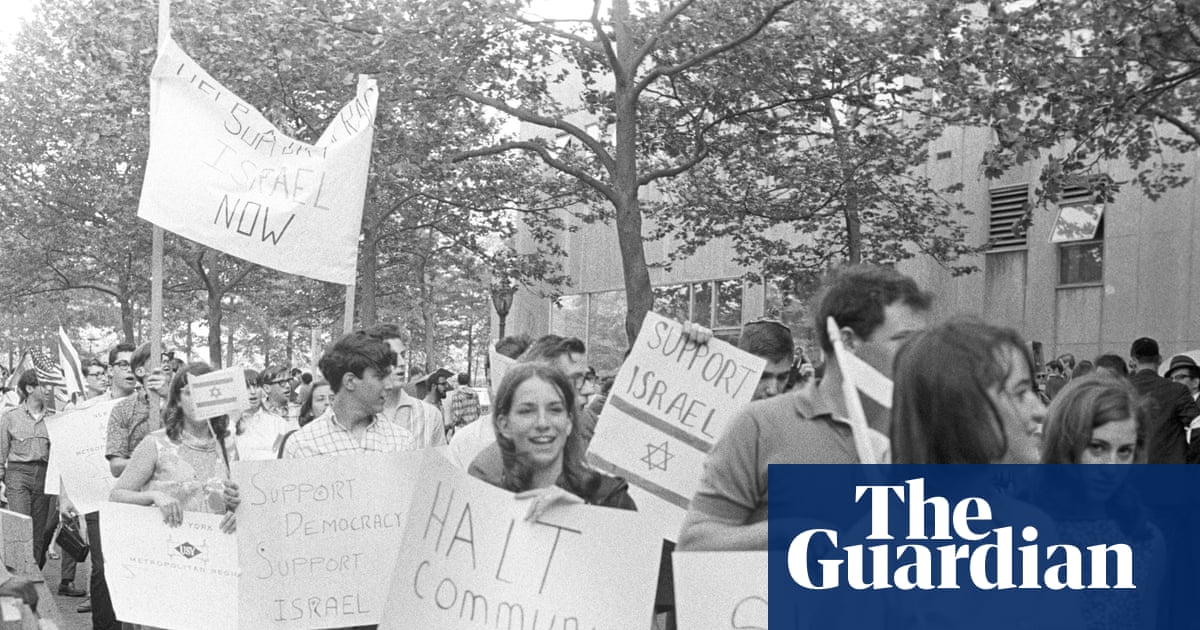
"Even before it existed, Israel was on American minds. Colonial preachers called their new land Canaan; Herman Melville saw Americans as the peculiar, chosen people, the Israel of our time. In the Second Great Awakening of the late 18th and early 19th century, American Protestants became obsessed with the Holy Land, and it was perhaps in response that one Jewish preacher had called in as early as 1818 for Jews to establish themselves in Ottoman Syria."
"Christian Zionism flourished, remaining a powerful force in American politics to this day. But Zionism in the modern sense was largely a product of the mass migration from the Russian Empire, and even in the interwar years pro-Zionist movements in America were still outranked socially by the officially non-Zionist American Jewish Committee (AJC), which represented the leadership of the most assimilated section of the Jewish population whose arrival predated the Russians."
"Into the 1930s, the AJC opposed the setting up of an international quasi-parliamentary Jewish organisation lest it imply that Jews owed an allegiance to one another that ranked above their allegiance to the political institutions of their own homeland. When the creation of the World Jewish Congress was mooted, the JC objected to the view that the Jewish people was, or could ever be regarded as, a united national organism."
American engagement with Zionism began as religious fascination, with colonial preachers and revivalist Protestants drawn to the Holy Land and early comparisons of America to biblical Israel. Christian Zionism became a sustained political force. Modern political Zionism, however, rose primarily from mass migration from the Russian Empire, creating divisions within the American Jewish community. The assimilated leadership, represented by the American Jewish Committee, opposed political Zionism and resisted international Jewish organizational structures for fear of implied dual loyalty. Wartime AJC leaders described Zionist advocacy as dangerous, delaying a broad American Jewish acceptance of Zionism until later developments.
Read at www.theguardian.com
Unable to calculate read time
Collection
[
|
...
]